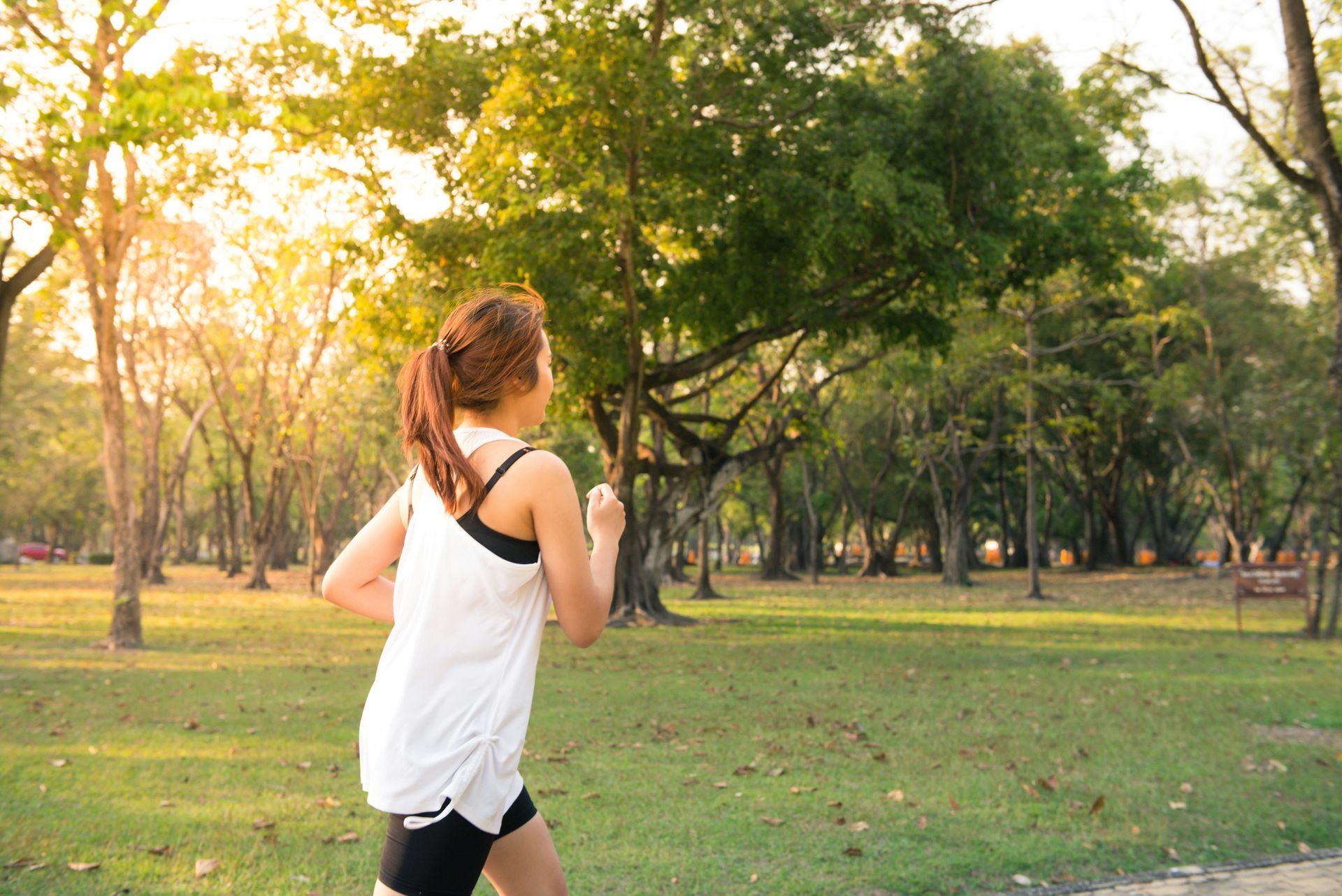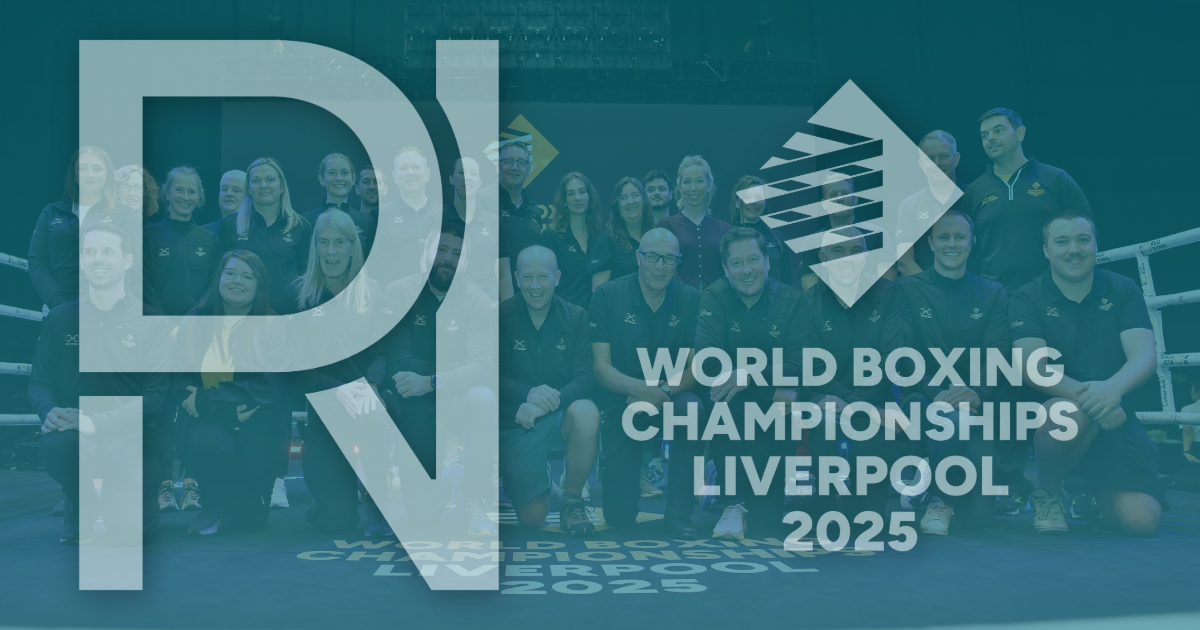
Sport and impact focused PR and communications agency, New Reach, has renewed its partnership with Hampshire Cricket and the iconic Utilita Bowl for a fourth consecutive year. This continued collaboration underscores New Reach’s commitment to delivering exceptional PR and media relations that has amplified profile for the club and venue, alike. Since 2022, New Reach has worked closely with Hampshire Cricket to deliver strategic media relations, innovative campaigns, and impactful storytelling that showcase the club’s achievements both on and off the pitch. New Reach has led PR campaigns including the historic solar project in partnership with Utilita, established new and improved relationships with media brands, driven global announcements and managed key media moments including media days, the signing of cricketing icon Ellyse Perry and the club’s acquisition by GMR Group. Throughout 2026, New Reach will closely align with a new-look team at Utilita Bowl, delivering PR strategy across key moments inside and out of cricket. This will include The Hundred in its new format, the stadium’s 25 year anniversary, positioning the club and venue as leaders across T20, women’s and international cricket, ongoing cricket and regional media engagement, celebrating impact in the community and placing the club’s leaders at the heart of the industry. Nick Rewcastle, Managing Director at New Reach, commented: “We’re thrilled to extend our partnership with Hampshire Cricket for another year. Utilita Bowl is one of the most exciting venues in global sport and entertainment, and we look forward to continuing to help Hampshire Cricket and the venue tell its story and connect with audiences in meaningful ways. “Every year is an exciting year at Utilita Bowl, and we’ve enjoyed working across such a variety of powerful projects and initiatives. 2026 is set to continue in that trajectory, but with some new faces internally at the club and the first full year of new ownership. We’re truly looking forward to backing the Rose and Crown again this year.” Jonathan Peace, Head of Brand, Digital and Marketing at Utilita Bowl added: “New Reach has been an invaluable partner in elevating our communications strategy. Their expertise and creativity have helped us build stronger relationships with fans and media alike, and we’re excited to see what we can achieve together in 2026.” With deep-rooted expertise in sport, media and events, New Reach crafts tailored campaigns across PR, social media and video that inspire action and create lasting impact. New Reach’s commitment to transparency and authenticity drives everything the agency does, with partnerships going beyond business; ensuring every collaboration is rooted in integrity, trust, and a shared purpose. New Reach will not compromise trust, morals or rules to profit.

Sport and impact focused PR and communications agency, New Reach, has renewed its partnership with Hampshire Cricket and the iconic Utilita Bowl for a fourth consecutive year. This continued collaboration underscores New Reach’s commitment to delivering exceptional PR and media relations that has amplified profile for the club and venue, alike. Since 2022, New Reach has worked closely with Hampshire Cricket to deliver strategic media relations, innovative campaigns, and impactful storytelling that showcase the club’s achievements both on and off the pitch. New Reach has led PR campaigns including the historic solar project in partnership with Utilita, established new and improved relationships with media brands, driven global announcements and managed key media moments including media days, the signing of cricketing icon Ellyse Perry and the club’s acquisition by GMR Group. Throughout 2026, New Reach will closely align with a new-look team at Utilita Bowl, delivering PR strategy across key moments inside and out of cricket. This will include The Hundred in its new format, the stadium’s 25 year anniversary, positioning the club and venue as leaders across T20, women’s and international cricket, ongoing cricket and regional media engagement, celebrating impact in the community and placing the club’s leaders at the heart of the industry. Nick Rewcastle, Managing Director at New Reach, commented: “We’re thrilled to extend our partnership with Hampshire Cricket for another year. Utilita Bowl is one of the most exciting venues in global sport and entertainment, and we look forward to continuing to help Hampshire Cricket and the venue tell its story and connect with audiences in meaningful ways. “Every year is an exciting year at Utilita Bowl, and we’ve enjoyed working across such a variety of powerful projects and initiatives. 2026 is set to continue in that trajectory, but with some new faces internally at the club and the first full year of new ownership. We’re truly looking forward to backing the Rose and Crown again this year.” Jonathan Peace, Head of Brand, Digital and Marketing at Utilita Bowl added: “New Reach has been an invaluable partner in elevating our communications strategy. Their expertise and creativity have helped us build stronger relationships with fans and media alike, and we’re excited to see what we can achieve together in 2026.” With deep-rooted expertise in sport, media and events, New Reach crafts tailored campaigns across PR, social media and video that inspire action and create lasting impact. New Reach’s commitment to transparency and authenticity drives everything the agency does, with partnerships going beyond business; ensuring every collaboration is rooted in integrity, trust, and a shared purpose. New Reach will not compromise trust, morals or rules to profit.

Inactivity is quietly draining our economy, health system and communities. Sport England’s latest research is a wake-up call: equal access to sport and exercise could unlock £20 billion in savings and productivity gains for the UK. That’s not just a health issue, it’s an economic imperative. The data is compelling: For every £1 invested in grassroots sport, £4.38 is returned in savings and benefits. Grassroots sport contributes £36 billion annually to the economy and generates £14 billion in tax revenue. Yet inequalities persist. Those with disabilities, lower incomes, and black communities remain the least active. At New Reach, we believe the solution is clear: movement. Sport isn’t just about participation; it’s about inclusion, opportunity, and impact. Every mile run, every game played, every community initiative matters, not just for health, but for economic resilience and social cohesion. As the government prepares its Budget, the questions are: How do we make sport accessible for everyone? How do we turn participation into a national priority? Because the cost of doing nothing is too high. At New Reach, we help brands, rights holders, and organisations turn this challenge into opportunity. Through strategic PR, creative campaigns, and partnerships, we amplify the benefits of sport - driving participation, tackling inequalities, and delivering measurable impact for communities and the economy.

















